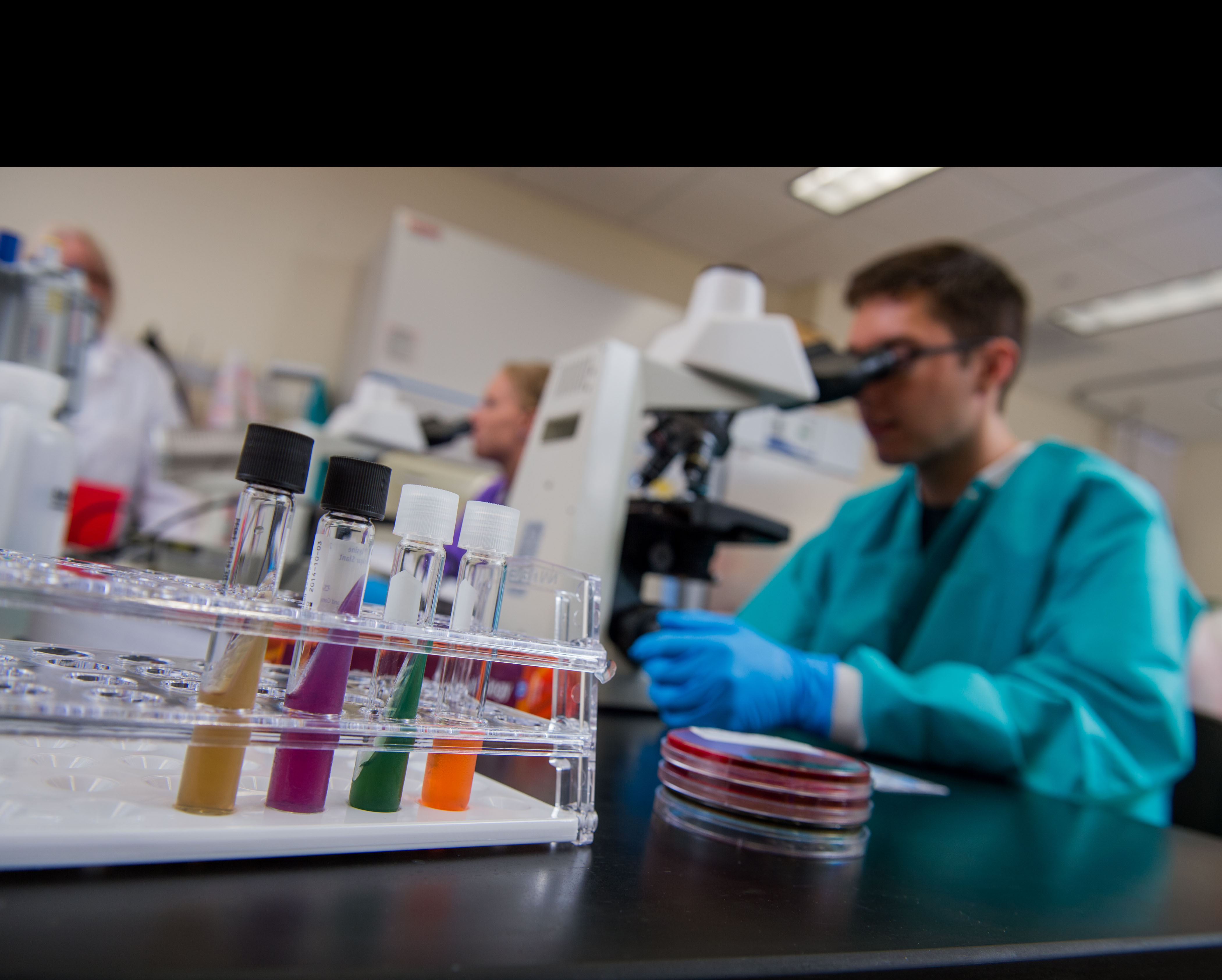
The most common tests performed by medical laboratory scientists are complete blood count (CBC), comprehensive metabolic panel (CMP), electrolyte panel, liver function tests (LFT), renal function tests (RFT), thyroid function test (TFT), urinalysis, coagulation profile, lipid profile, blood type, semen analysis (for fertility and post-vasectomy studies), serological studies and routine cultures. An estimated 70% of medical decisions are based on laboratory test results and MLS contributions affect 95% of a health system's costs. Medical laboratory scientists may also assist healthcare providers with test selection and specimen collection and are responsible for prompt verbal delivery of critical lab results. To this end, much of the work done by medical laboratory scientists involves ensuring specimen quality, interpreting test results, data-logging, testing control products, performing calibration, maintenance, validation, and troubleshooting of instrumentation as well as performing statistical analyses to verify the accuracy and repeatability of testing. The utility of clinical diagnostic testing relies squarely on the validity of test methodology. The scope of a medical laboratory scientist's work begins with the receipt of patient or client specimens and terminates with the delivery of test results to physicians and other healthcare providers.


The Associate Degree in Clinical Laboratory Science is designed for students who wish to work as clinical lab technicians, who work under the direction of clinical lab technologists. This ensures that the curriculum meets the requirements of the American Society for Clinical Pathology (ASCP) / Board of Certification for Medical Laboratory Science.Īssociate Degree in Clinical Laboratory Science – Two Year Duration Note: It is important to select an education program that is accredited by the National Accrediting Agency for Clinical Laboratory Sciences (NAACLS). Associate level programs exist, but they are aimed at medical laboratory technicians, not at laboratory technologists/scientists. The bachelor’s degree is the most prominent credential in the field. In the simplest of terms, these scientists are the detectives of healthcare, whose work helps doctors determine appropriate treatment for patients.ĭegree programs in clinical laboratory science are centered on clinical chemistry – the study of bodily fluids, hematology – the study of the physiology of the blood, immunology and serology – the study and analysis of the immune system’s response to disease, immunohematology – the study of the reactions between antigens and antibodies associated with blood transfusion, and parasitology – the study of parasitic organisms such as viruses and bacteria. The data that they provide is crucial in identifying cancer, heart disease, diabetes, and many other illnesses and conditions. Medical laboratory technologists, also referred to as medical laboratory scientists, perform complex diagnostic tests.


 0 kommentar(er)
0 kommentar(er)
